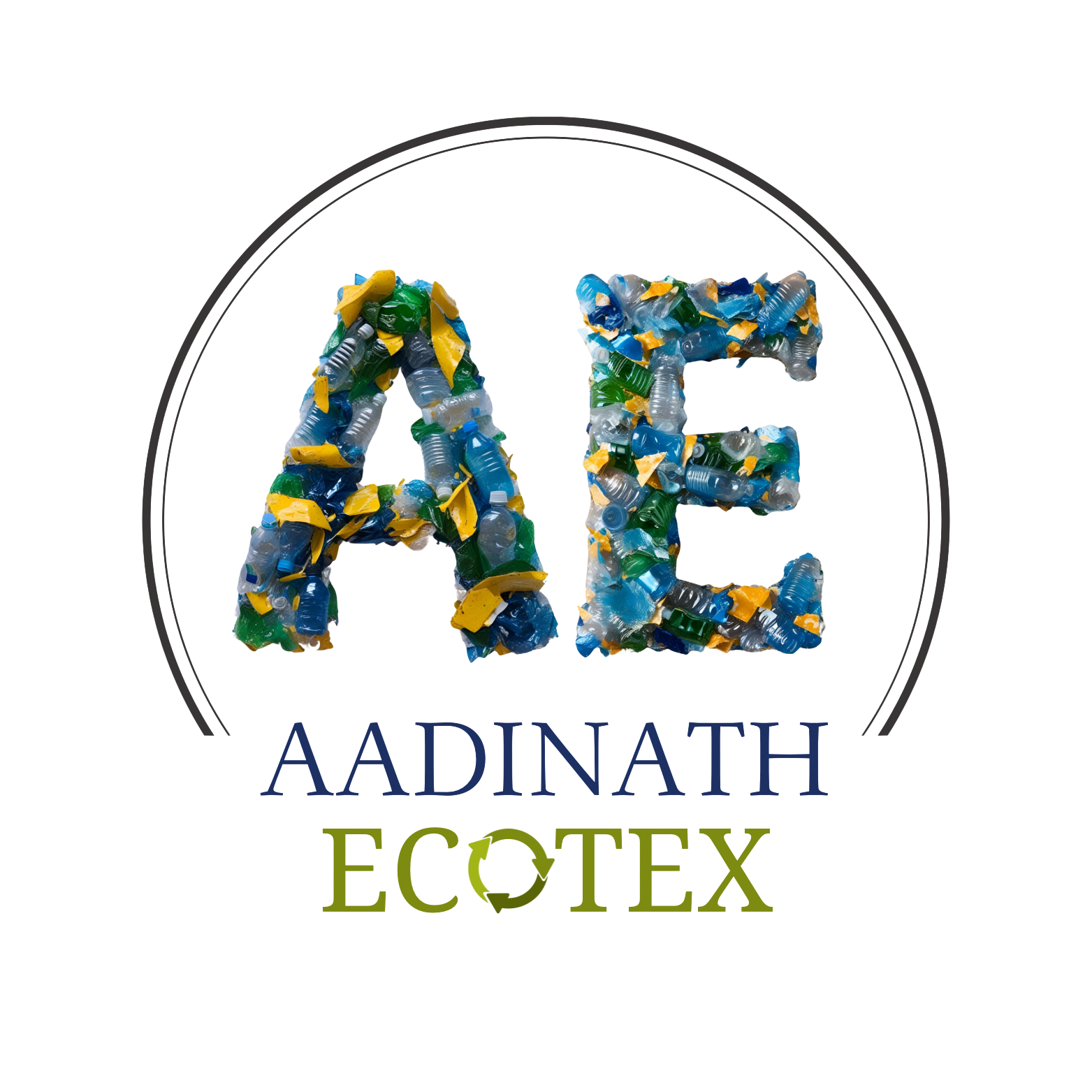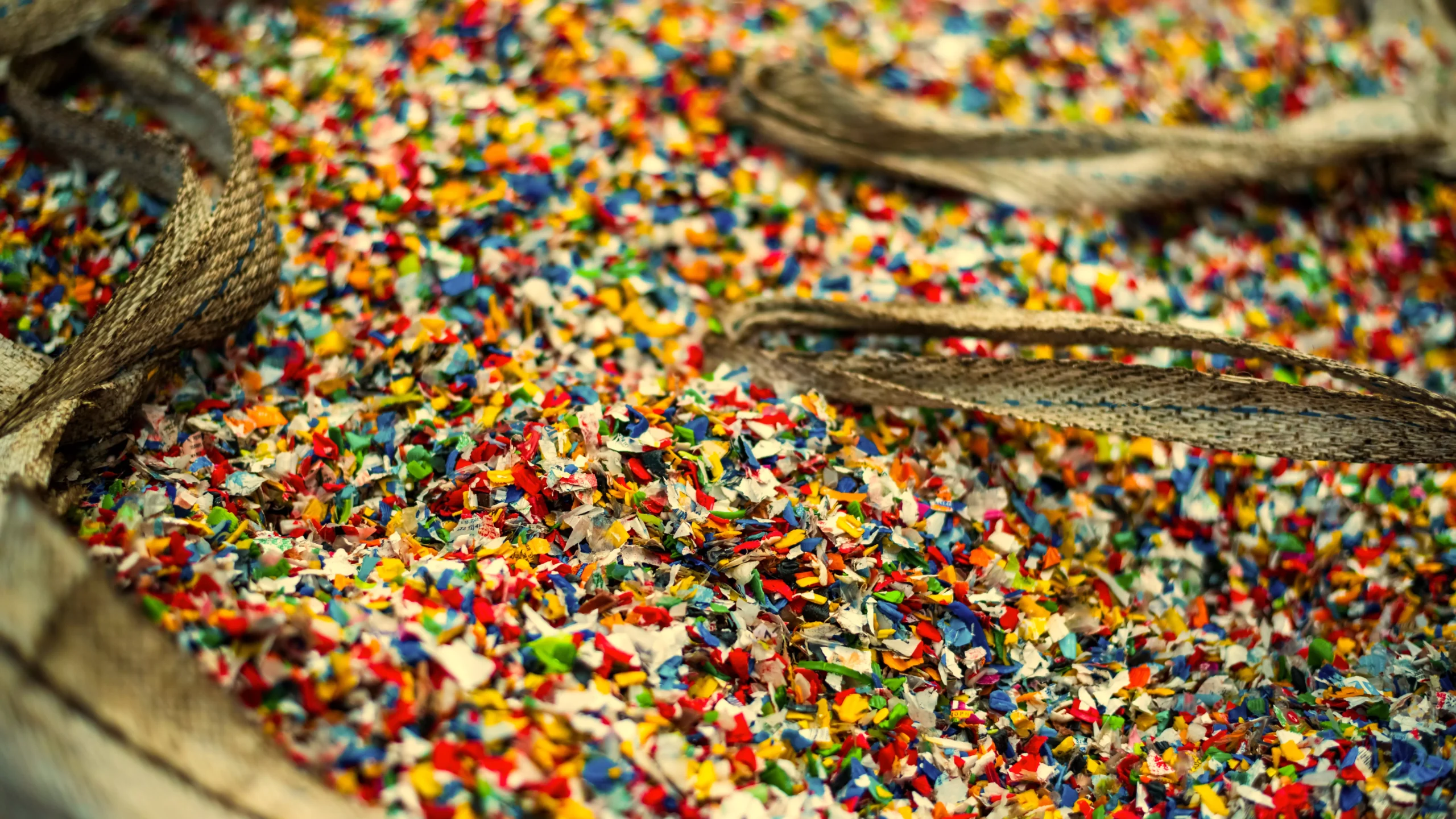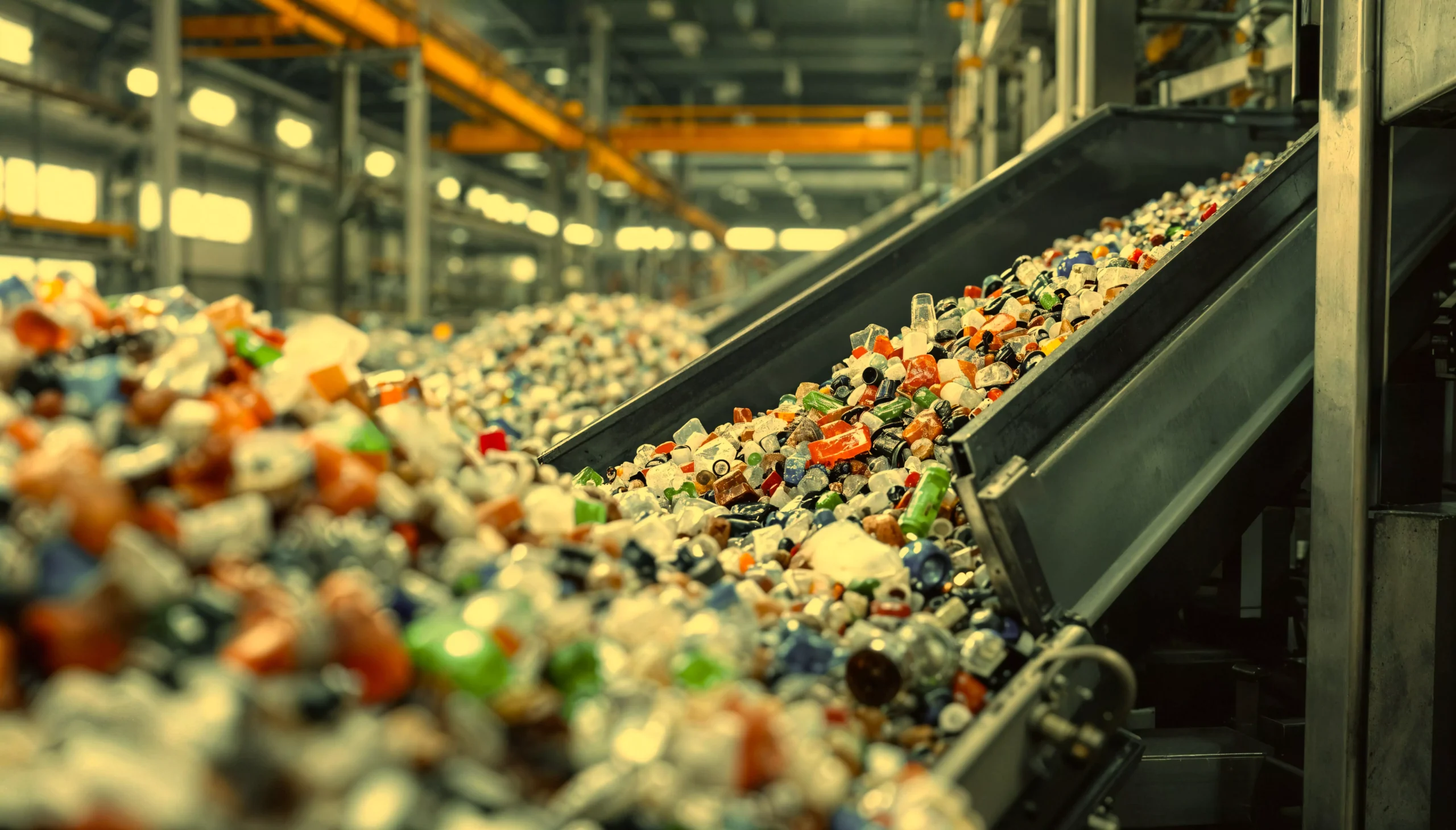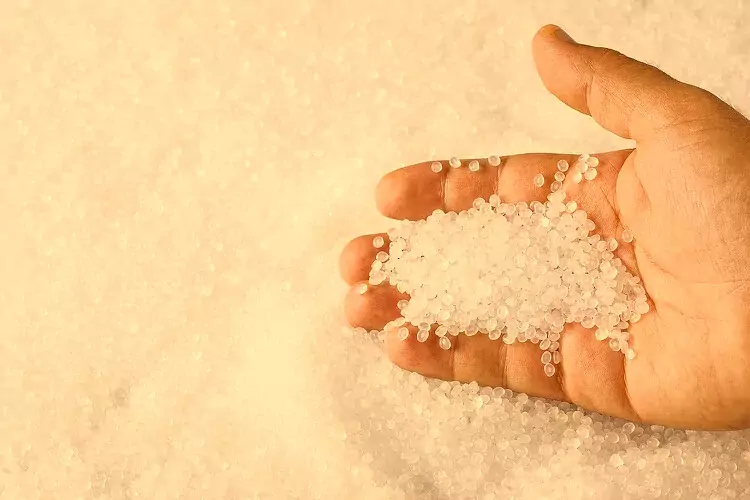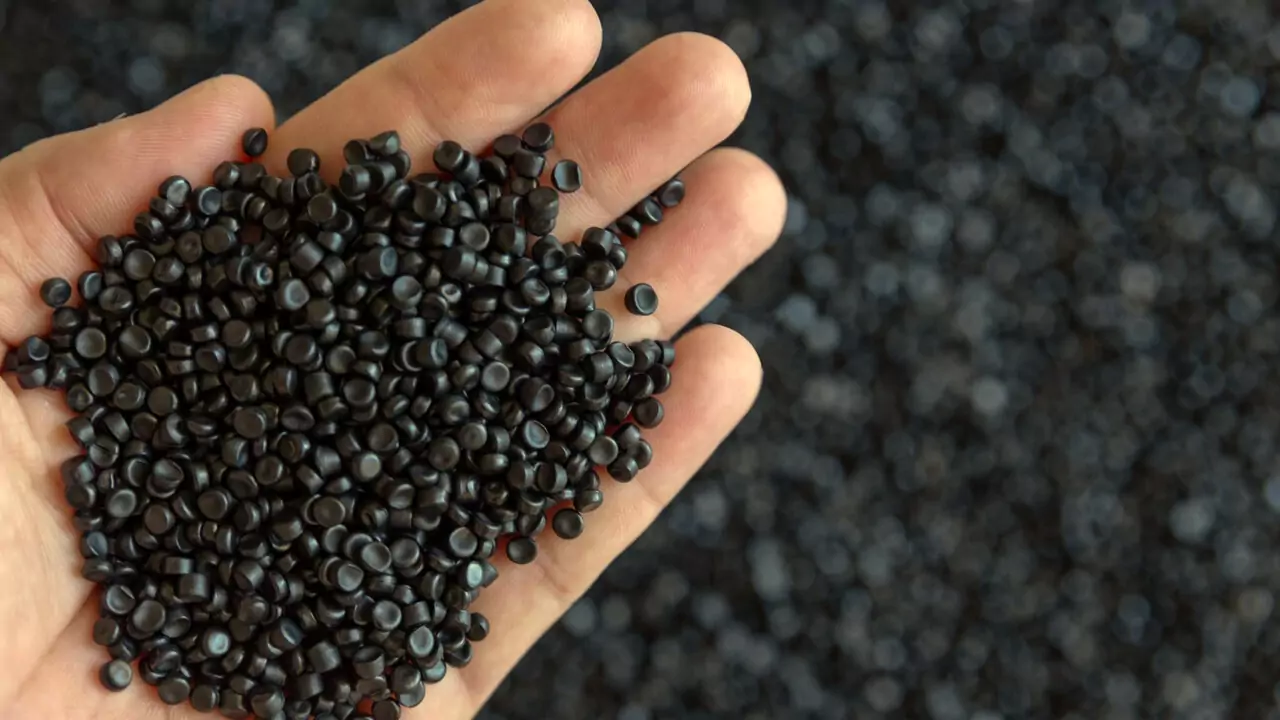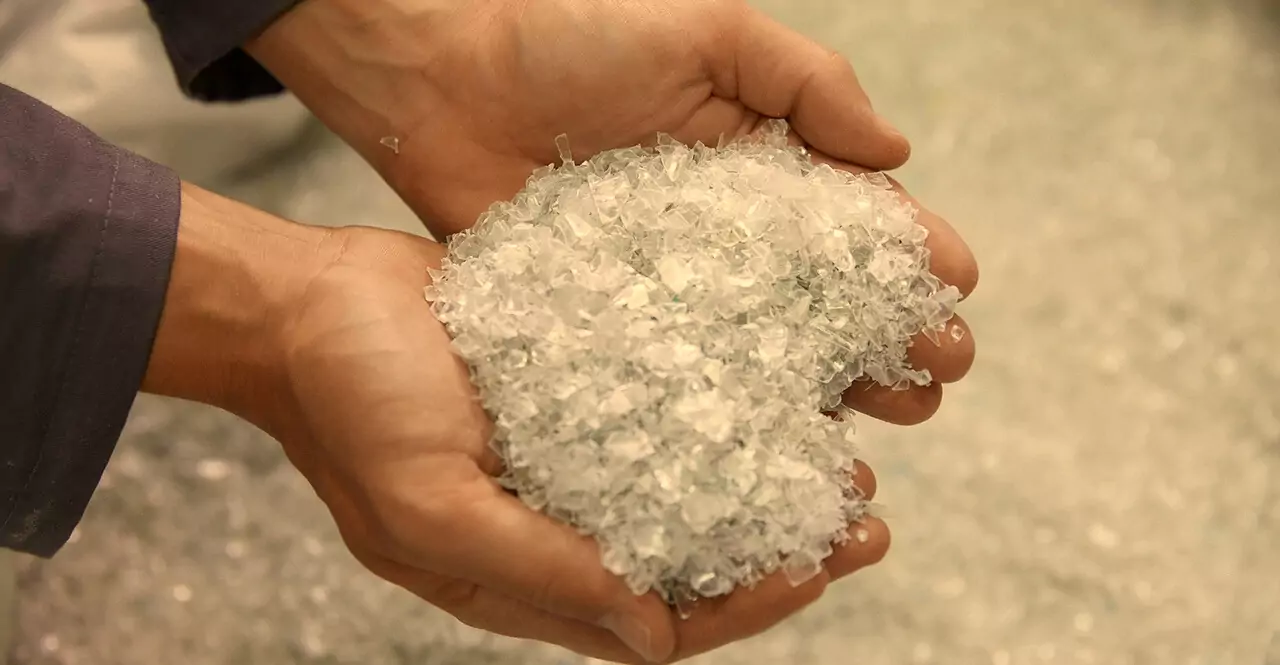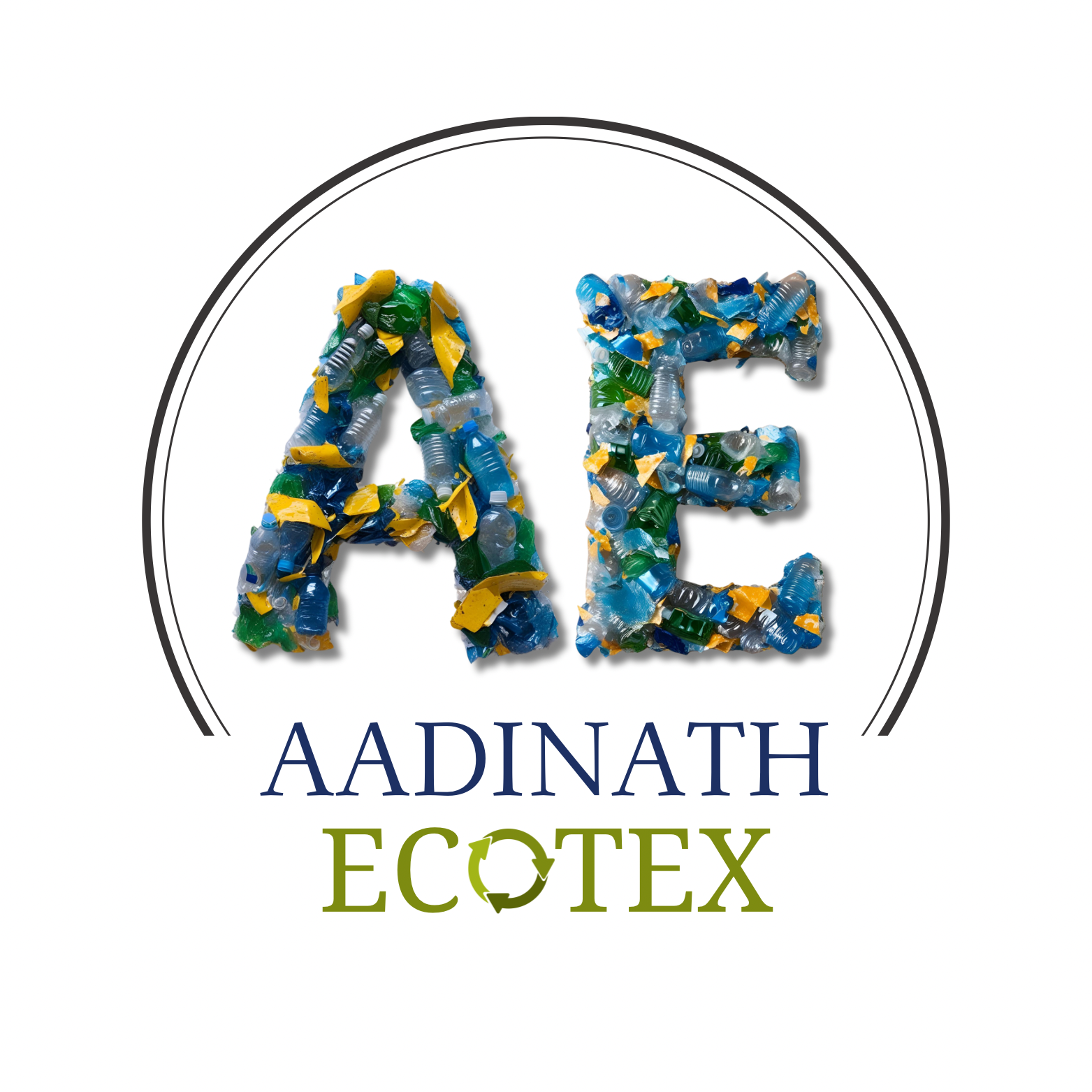Introduction
As global awareness of environmental concerns continues to rise, the need for sustainable alternatives to traditional plastics has never been more urgent. One significant breakthrough in the realm of plastic recycling is the increased adoption of recycled high-density polyethylene (rHDPE) granules. These granules, derived from post-consumer and post-industrial HDPE waste, have emerged as a game-changer in the plastic recycling industry, driving a shift toward greener manufacturing and reduced landfill waste.
This blog explores how rHDPE granules are transforming the plastic recycling landscape, their benefits, applications, production process, and their contribution to a sustainable circular economy.
What is rHDPE?
High-Density Polyethylene (HDPE) is a widely used plastic known for its strength, durability, and chemical resistance. It is commonly found in products like milk jugs, detergent bottles, and piping. When these HDPE products reach the end of their lifecycle, they can be collected, sorted, cleaned, and reprocessed into rHDPE granules.
These recycled granules retain most of the desirable properties of virgin HDPE, making them a viable and eco-friendly alternative for various industrial applications.
The rHDPE Recycling Process
The process of creating rHDPE granules involves several stages:
- Collection: HDPE waste is collected from households, industries, and commercial sites.
- Sorting: Waste is sorted to remove contaminants and non-HDPE plastics.
- Washing: The sorted plastic is thoroughly cleaned to eliminate labels, residues, and impurities.
- Shredding: Clean HDPE is shredded into small flakes.
- Melting and Extrusion: The flakes are melted and passed through extruders to form uniform granules.
- Cooling and Packaging: Granules are cooled, dried, and packaged for use in manufacturing.
Each step is optimized to ensure the final rHDPE granules meet stringent quality standards.
Key Benefits of rHDPE Granules
1. Environmental Sustainability
Recycling HDPE reduces plastic waste in landfills and oceans. It also decreases the need for virgin plastic production, which involves petroleum extraction and harmful emissions.
2. Cost Efficiency
Using rHDPE granules can reduce material costs for manufacturers while also qualifying for green certifications or government incentives.
3. Versatility
rHDPE granules are compatible with various applications such as blow molding, injection molding, and extrusion, making them ideal for manufacturing a wide range of products.
4. Energy Savings
Recycling HDPE uses significantly less energy compared to producing virgin HDPE, reducing the carbon footprint of manufacturing operations.
5. Compliance and Reputation
Brands using recycled content demonstrate social responsibility, which can enhance their reputation and appeal to eco-conscious consumers.
Applications of rHDPE Granules
1. Packaging Industry
One of the largest consumers of rHDPE is the packaging industry. Recycled granules are used to make bottles, containers, and crates for food and household products.
2. Agricultural Products
rHDPE is utilized in the production of durable agricultural items such as watering cans, drums, and irrigation pipes.
3. Construction Sector
In construction, rHDPE granules are transformed into pipes, plastic lumber, and paneling due to their strength and resistance to chemicals and moisture.
4. Automotive Industry
Manufacturers in the automotive sector use rHDPE in non-critical components like splash guards, underbody panels, and seat bases.
5. Consumer Goods
Items such as bins, buckets, storage containers, and toys are often made from recycled HDPE granules.
Market Trends and Growth
With growing governmental support and increased environmental awareness, the global rHDPE market is witnessing steady growth. Policies like Extended Producer Responsibility (EPR), plastic waste management rules, and green procurement standards are driving the demand for recycled plastics.
Major brands and manufacturers are integrating rHDPE into their supply chains to meet sustainability goals. Innovations in recycling technology, such as advanced sorting and contamination removal, are further enhancing the quality and applicability of rHDPE.
Challenges in rHDPE Recycling
Despite its advantages, the rHDPE sector faces several challenges:
- Contamination: Proper segregation and cleaning are essential to ensure quality.
- Color Variability: Recycled granules may vary in color, requiring additives or blending.
- Consumer Awareness: There is a need to educate consumers about the benefits and usability of recycled products.
- Infrastructure: Recycling facilities need more investment in modern technologies for efficient processing.
Addressing these challenges requires collaboration between governments, industries, and consumers.
Role in Circular Economy
The concept of a circular economy revolves around minimizing waste and maximizing resource efficiency. rHDPE plays a vital role by:
- Closing the Loop: Used products are returned to the production cycle, reducing the dependency on virgin materials.
- Design for Recycling: Products made with rHDPE promote design innovations that prioritize end-of-life recyclability.
- Sustainable Product Life Cycle: From production to reuse, rHDPE enables a longer, more eco-conscious product lifecycle.
A circular economy not only reduces environmental impact but also stimulates economic growth and innovation in material sciences.
How Aadinath Ecotex Supports rHDPE Recycling
At Aadinath Ecotex, we are committed to leading the way in sustainable plastic solutions. Our rHDPE granules are processed using cutting-edge recycling technology, ensuring high purity, consistency, and performance.
We source our raw material from trusted post-consumer and industrial waste streams, applying rigorous sorting, washing, and decontamination methods. Our rHDPE granules are tailored to meet the requirements of various industries, including packaging, agriculture, and infrastructure.
By choosing Aadinath Ecotex, our partners join a mission that supports both environmental protection and responsible manufacturing.
Future Outlook
The future of rHDPE looks promising. As more industries prioritize environmental responsibility and governments implement stricter regulations on plastic waste, the demand for high-quality rHDPE granules will continue to grow. Innovations in chemical recycling, biodegradable additives, and smart sorting systems will further enhance the efficiency and applicability of rHDPE.
Moreover, consumer preferences are rapidly shifting toward brands that practice sustainability. This shift will push more manufacturers to adopt recycled materials like rHDPE, ultimately transforming how plastic is perceived and used.
Conclusion
rHDPE granules are at the forefront of the plastic recycling revolution. They provide a sustainable, cost-effective, and high-performance alternative to virgin plastics while significantly reducing environmental impact. From packaging and agriculture to construction and consumer goods, the applications of rHDPE are broad and continually expanding.
As industries strive for greener practices and governments tighten regulations, embracing rHDPE is not just an option—it’s a necessity. At Aadinath Ecotex, we are proud to be part of this transformation, offering high-quality recycled solutions that empower our clients and protect our planet.
Ready to make your manufacturing process more sustainable?
Connect with Aadinath Ecotex today.
